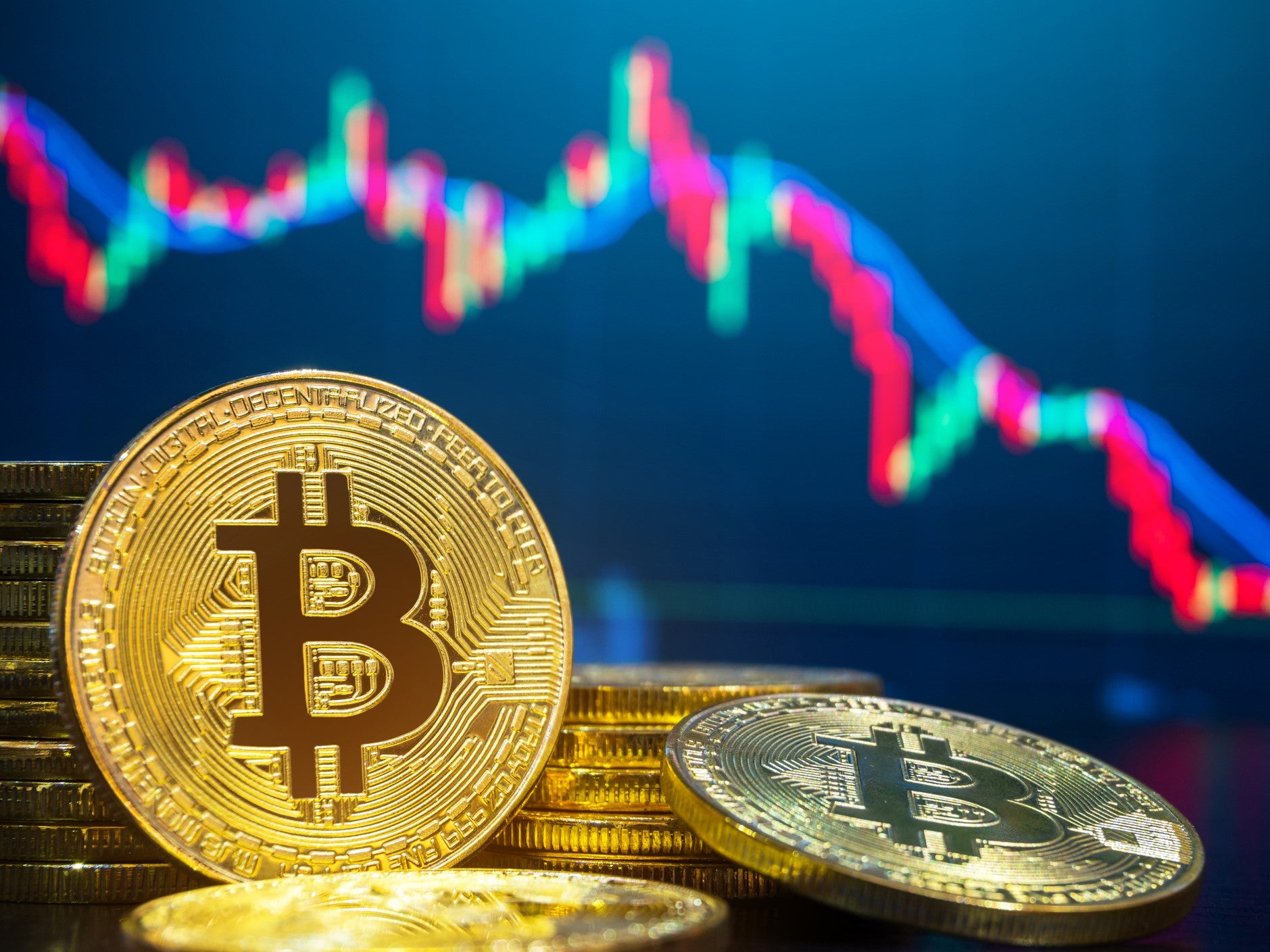Young investors are taking a hit for their interest in unconventional assets
The younger someone is, the greater the case for taking on risky investments, writes Hamish McRae


It has been a lousy start to the year for investors. We all know that. But anecdotal evidence suggests that it has been a particularly bad one for young investors, and that is troubling indeed.
Markets go up and go down, and these past three weeks have seen a vicious downswing in share prices in the US. Since US equities account for more than half the global total valuation, the ripples have spread everywhere. There are perfectly good reasons for gloom, including the prospect of higher interest rates in America (and everywhere else), and war in Ukraine. But what is notable is that different markets have fallen by quite different amounts.
The Nasdaq index of high-tech US enterprises is down approximately 12 per cent this year, the S&P100, which represents 100 of the largest US corporations, is down 8 per cent, while the Dow Jones, covering solid, longer-established companies, is down by 6 per cent.
Look at the UK, and this shift away from exciting high-tech to boring basics is even more marked. The FTSE 100 index, which heavily focuses on banks, miners and oil companies, is just 2 per cent down on the year to date.
These values will change, for they are just a snapshot of a moment on Tuesday afternoon. But the message won’t change. It is that some sort of radical reassessment has taken place on the value investors should put on technology and growth, vis-à-vis that on solid profits from companies that supply our day-to-day necessities. And the impact of this shift of sentiment is that young investors are hit harder than older ones.
There is a basic reason for this. It is that the younger someone is, the greater the case for taking on risky investments. Risk will, over a long period, bring greater reward. So someone in their twenties or thirties can afford to take on more risk because they have time to earn any losses back, and probably won’t need to cash in any investments for a longer period. By contrast, someone in their sixties or older will probably need an income from their savings and won’t be earning so much. There is a tidal wave of advice from financial service companies on different investment strategies for people of different ages, all of which carry the same message: risk when young, safely when old.
That general rule has not changed for decades. What has changed in the past three or four years has been the plethora of investment apps targeted mostly at young people. This paper reported on concerns from the Financial Conduct Authority (FCA) that new investors were being lured into investments where they did not understand the risks involved. The FCA has a warning system to help people figure out deliberate scams, and that is helpful. But a big part of the problem is not scams. It is that wholly respectable platforms that make it easier to invest – and that is admirable – also have the effect of sucking in first-time investors who are unaware of the risks involved.
To keep up to speed with all the latest opinions and comment, sign up to our free weekly Voices Dispatches newsletter by clicking here
Take cryptocurrencies, for example. The yo-yo price of bitcoin has made millions for some early investors, but recent months have seen a sharp reversal. Everything depends on timing. So far this year, bitcoin is down by about one quarter. It has just about halved since its peak last September. But if you bought a year ago, you will still be up more than 10 per cent.
In 2020, in the UK, 29 per cent of bitcoin holders were aged between 18 and 29, and a further 25 per cent between 30 and 44. Younger investors apparently favour cryptocurrencies rather than regular shares. However, it is the old who have the wealth. Earlier this month the Office for National Statistics reported that the “median total wealth amongst respondents aged in their early sixties is almost nine times as high as those aged in their early thirties”.
That is a natural function of age, as older people are more likely to own their homes and will have accumulated pension assets. But it does mean that they are better protected than the young from the sort of violent swings we have seen in the past few days.
So what happens now? No one can predict the markets, but it does feel as though some sort of sea change is happening in the collective mood – a shift away from risk and towards safety. The tragedy would be if new investors were so scarred by these difficult few weeks that they rejected equity investment altogether. New investment platforms are useful as long as people understand the risks involved. Taking the long view, global equities do give protection against inflation – and we are all going to need that, aren’t we?



Join our commenting forum
Join thought-provoking conversations, follow other Independent readers and see their replies
Comments